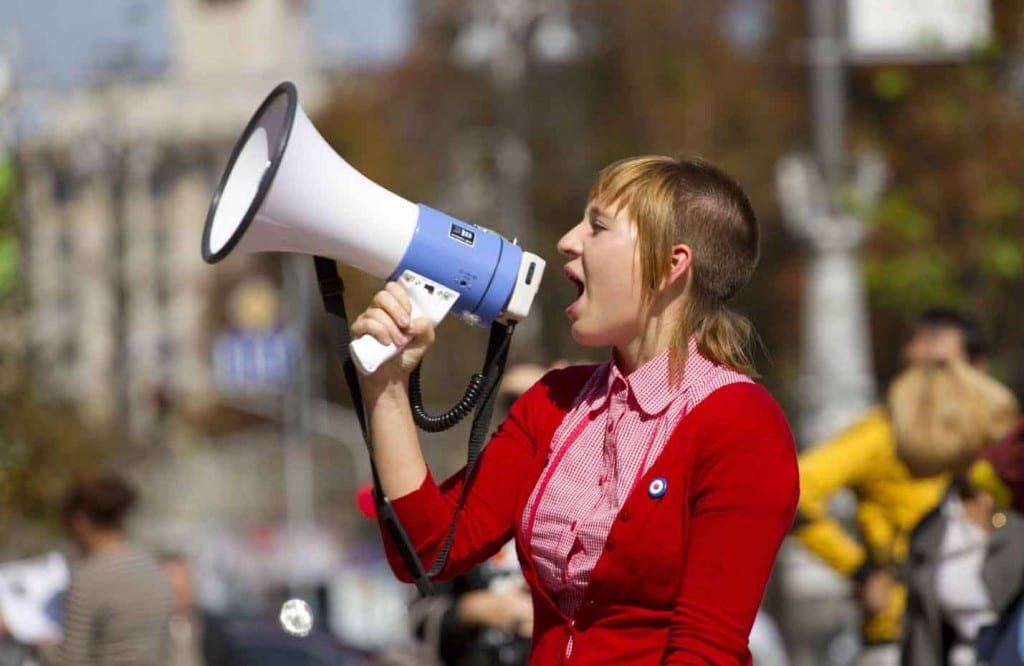What Constitutes Disorderly Conduct in Chicago?
You’re likely already familiar with the term “disorderly conduct” and may have heard it applied to a wide variety of activities. For example, someone who is drunk and belligerent in public could be charged with disorderly conduct, while someone who disobeys an order from a police officer could be charged with the very same crime. Someone might also face disorderly conduct charges for calling in a false threat or alert to the police.
Disorderly conduct encompasses a lot of different actions in our state and the city of Chicago, and you might be surprised to find that certain behaviors could result in a disorderly conduct charge. Let’s look at some different types of disorderly conduct in order to better understand charges that you might face and to avoid more charges in the future.
Examples of Disorderly Conduct Crimes
 In Illinois, disorderly conduct (720 ILCS 5/26-1) is defined as “any act [that a person] performs in such unreasonable manner as to disturb or alarm another and to provoke a breach of the peace.” Examples may include:
In Illinois, disorderly conduct (720 ILCS 5/26-1) is defined as “any act [that a person] performs in such unreasonable manner as to disturb or alarm another and to provoke a breach of the peace.” Examples may include:
Protesting with three or more people in a way that disturbs the public peace. You have the right to protest in Chicago, but you cannot protest in a way that involves force or violence (such as shoving people who walk by) or in a way that disturbs the public peace (such as blocking an entire sidewalk or the entrance to a store). If you’re protesting with a large group of people in a way that could obstruct vehicle traffic or foot traffic, you should talk to the city government about getting a protest permit.
Blocking the entrance of a commercial establishment after being asked to leave by the establishment’s owner. You might think that only a police officer can ask you to leave an establishment, especially if you are standing outside of the entrance, but if you’re blocking the way into a commercial space and the owner has already asked you to leave, you can be charged with disorderly conduct.
Failing to obey a law officer. If, for example, you are pulled over at a traffic stop, you should be polite to the officer who stopped you and comply if you are asked to show your driver’s license or step out of the vehicle. You can politely refuse to answer questions until you are able to speak to your attorney, but you should not speak to the officer in a combative way if you want to avoid being charged with disorderly conduct.
Appearing drunk or high in public. While walking home from the bar after a few drinks might not warrant a disorderly conduct charge, acting in a disruptive way while under the influence of alcohol or drugs (such as yelling to someone in an upstairs apartment window) may constitute a misdemeanor offense.
Passing out leaflets, holding up signs, orally protesting, or approaching people without their consent near a hospital, medical clinic, or health care facility. In Chicago, protesting or attempting to educate someone without their consent within 50 feet of the entrance of a medical facility is considered disorderly conduct.
Disorderly conduct is typically a misdemeanor offense, but it should be taken seriously because a conviction can have a long-term impact on your life, including a criminal record that appears whenever you need a background check. If you’ve already been charged with disorderly conduct, talk to a Chicago defense lawyer as soon as possible to learn about your legal options.
About the Author:
Andrew M. Weisberg is a former felony prosecutor who now serves as a defense attorney in the greater Chicago area. He has extensive experience in handling all types of criminal cases, from sex offenses and violent crimes to theft-related crimes and traffic violations.







 Blog Home
Blog Home 










